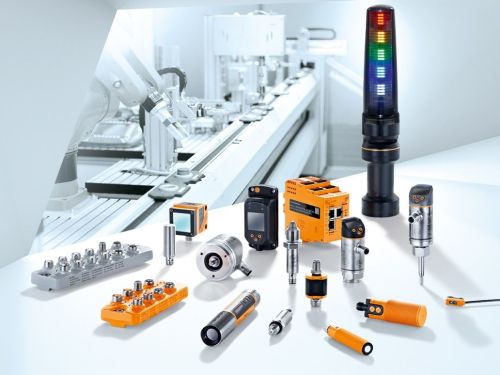ifm supports experimental and training brewery
State-of-the-art technical centre offers practical training and further education
Quick and easy set-up
Ensured product quality
Support with planning and commissioning
Results
- Easy set-up
- Reduced amount of wiring due to IO-Link masters in field use
- Support by ifm for set-up
- Additional measured values and functions via IO-Link allow a deeper look into the system
The challenge
The core of the brewery, a classic 4-unit brewhouse consisting of a mash tun, a lauter tun for solid-liquid separation, a wort kettle for the boiling process and a whirlpool for separating hop constituents and protein, is used in the new training and experimental brewery. It is important for Doemens to ensure flexibility in the brewhouse and thus to be able to implement different brewing methods with a wide variety of raw materials for different brewing results.

The solution – why ifm?
Therefore, it was decided to use a plant with a capacity of 5 hl, which is small compared to industrial plants, but allows a large number of different brewing processes for the students. Despite the smaller plant size, the brewhouse includes all the measuring and control technology of a conventional industrial brewhouse in order to monitor and control the brewing processes as precisely as possible. This enables the students to receive practical training for their future careers. From planning to commissioning, Doemens was supported by numerous industrial partners such as ifm. The use of valve, level, flow and temperature measurement creates maximum precision, user-friendliness and flexibility through the possibility of intervention. This makes it easier and more convenient to produce good beer. Temperature sensors also enable continuous monitoring in the upstream process in the malthouse to avoid wastage due to incorrect temperatures.
Subsequently, the wort from the brewhouse can be matured in the fermentation and storage cellar to finish the beer and is reliably secured by self-monitoring temperature sensors without the risk of temperature deviation.
These sensors are connected directly in the field via IO-Link masters, which saved Doemens a considerable amount of wiring. Even cleaning processes are no obstacle to using the masters directly on the plant.
By monitoring and automating all processes, it is now possible to achieve optimal production results and to realise further education and training that is as practical as possible.




